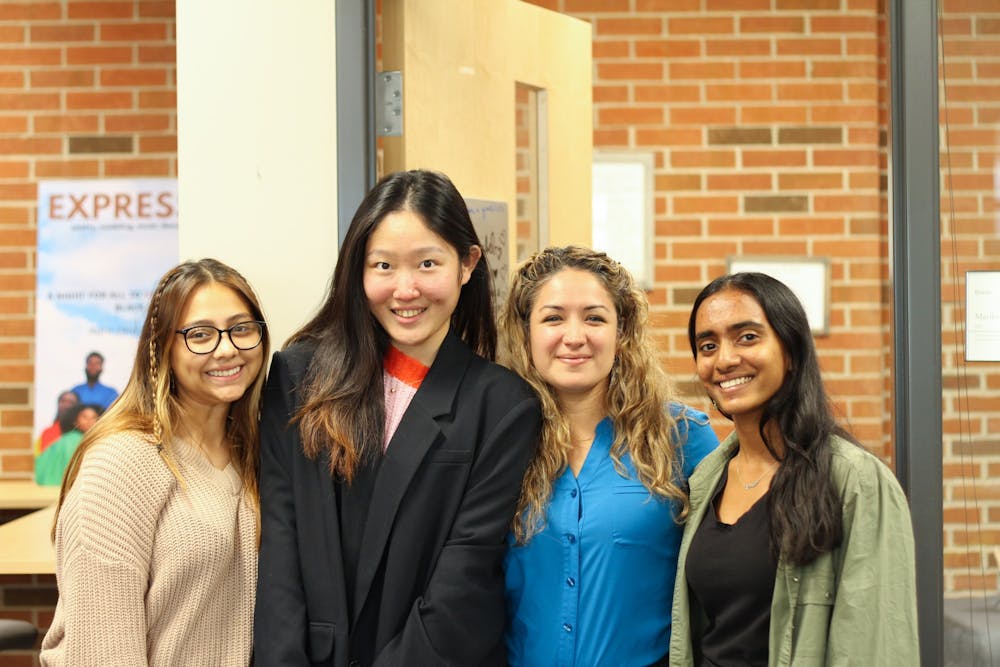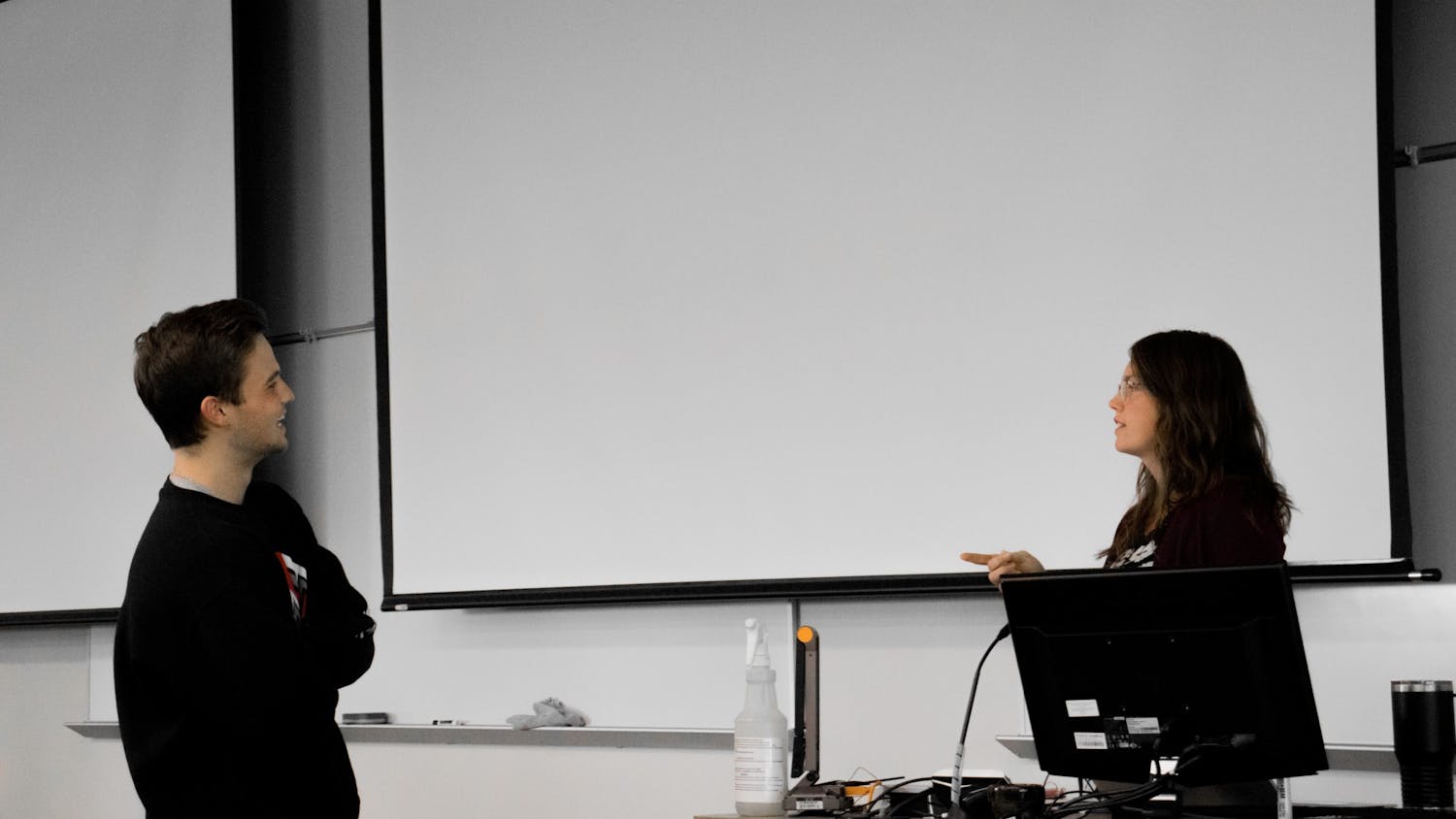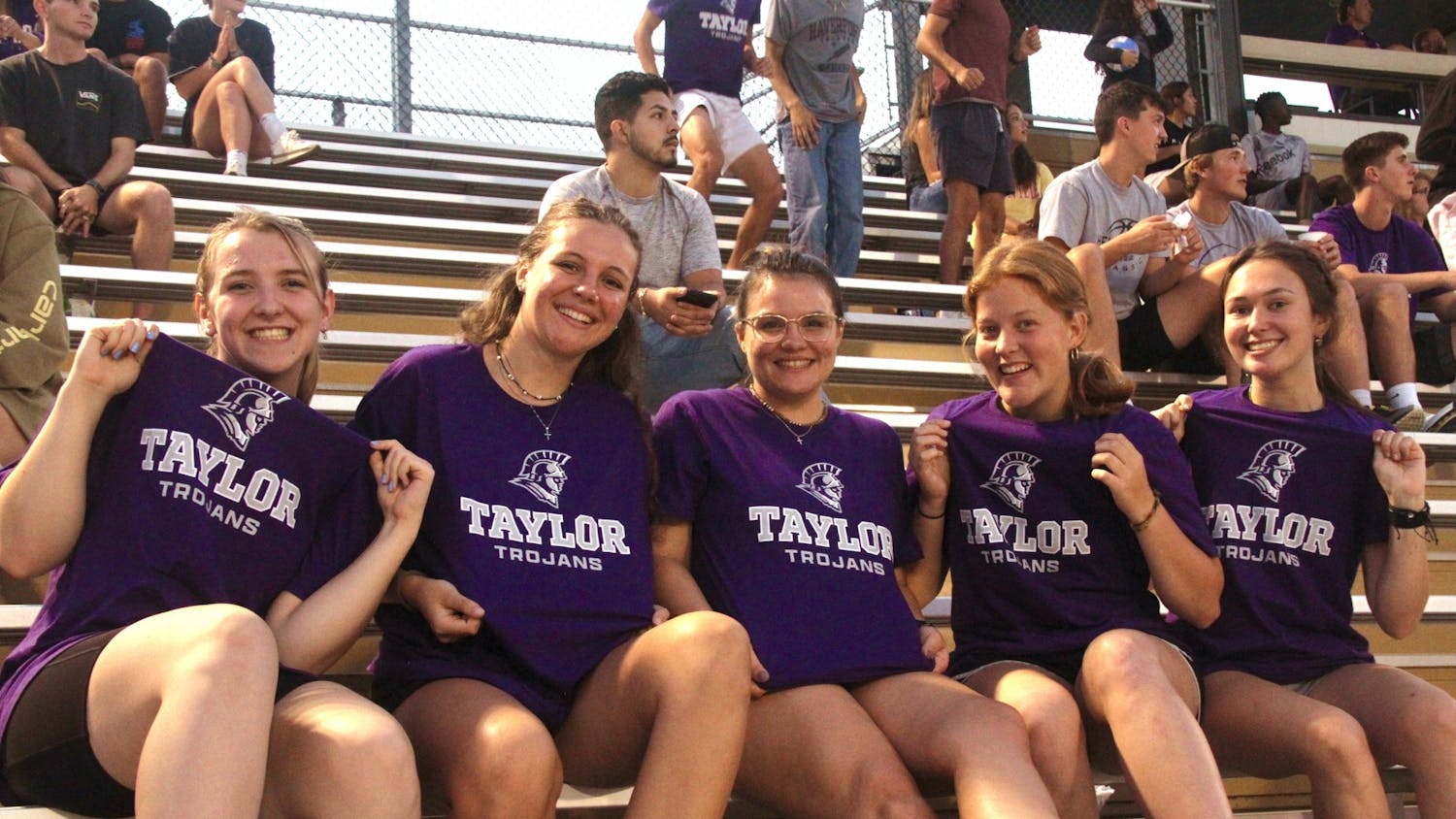The Office of Intercultural Programs (OIP) — specifically, the Student Leadership and Culture Program (SLCP) organization — is working with a few changes for this year in programming and in their scholarship offerings.
There are eight organizations that fall under the SLCP umbrella — two scholarship programs in Act Six, the Cultural Diversity Scholarship and six student-led organizations.
Those six organizations are Gospel Choir, Black Student Union, Asian Society for Intercultural Awareness, Latino Student Union, Multicultural Student Association and the Middle East Collegiate Association.
Maribel Magallanes, who is the director of the SLCP — located within the OIP, laid out some of the programming changes.
“Our student ‘organizations’ were focusing on how to create programming where people are going to come,” Magallanes said. “It started becoming a big weight on their shoulders. They were feeling like they had to educate people on their culture.”
A lot of the mindset, Magallanes said, was centered around trying to appease the majority population at Taylor instead of letting students be themselves. To her, it felt as though students were limiting their celebration of who they were in an effort to educate.
An example she used was a past year’s Spanish Worship Night — because the Latino Student Union wanted as many people to come as possible, much of the worship and preaching was done in English instead of Spanish.
Now, the programming will see a bit of a change as the focus moves from educating the majority population on campus to providing support for existing student populations.
The Rev. Greg Dyson, who serves as vice president of intercultural leadership and church relations, stressed that it’s about letting the different cultures and ethnic backgrounds at Taylor express themselves fully and inviting others into those experiences.
“In our programming, we have to make sure we’re caring well for the people not a part of the majority population and show them they’re not guests,” Dyson said. “This is your place. Sometimes I hear people saying, ‘I found a safe place on campus,’ — that’s not OK with me. We want every place here to be a place for them.”
Dyson aims for programming to offer a real look into the different cultures on campus.
“Rather than saying, ‘hey, we’re doing something so everybody can feel OK and fit in,’ it was like, ‘no, we’re doing something Latino,’” Dyson said. “And you are absolutely welcome to come on board.”
Another notable change is the scholarship programs that fall under SLCP.
The most notable change will be the elimination of the Act Six scholarship. The school is currently in its seventh year of this scholarship program, and brought in its last cadre of freshmen this academic year.
The scholarship program itself was available only to students living within the Chicago and Indianapolis city limits. The organization that Taylor partnered with in Indianapolis, Shepherd Community Center, to help find Act Six scholars, decided to discontinue their relationship with Act Six, but still remains partnered with Taylor.
In Chicago, Taylor remains partnered with Pursue Scholars, which was the organization most directly involved with partnering with Act Six and identifying students for the Act Six scholarship, but decided to discontinue the Act Six scholars in Chicago. Dyson said in a recent year the University offered nine full-tuition scholars for the city of Chicago and they only received four “takers.”
“This program is designed to be a cohort program,” Dyson said. “So when you don’t have that large group of students, the program doesn’t work the way it was designed to work.”
Taylor is now diversifying their Cultural Diversity Scholarships, and with the Act Six program being discontinued — they are re-routing that money elsewhere. Some of those scholarships include the Joseph P. Blades Scholarship, which is a full-tuition scholarship, named in honor of Blades, an early 20th century Black Taylor graduate, who was known for his spiritual leadership and kindness.
The discontinuation of Act Six also means that students from across the country, and not just Chicago or Indianapolis, will be candidates for the same scholarship money that was once only directed to two major cities.
Lastly, the university is currently in the process of hiring a Multicultural Recruiter, a new title. This person will work directly with admissions but will play a role in recruiting students for these scholarships.
“We think it’s going to be a powerful help for as a university living out our calls to build servant leaders,” Dyson said.





